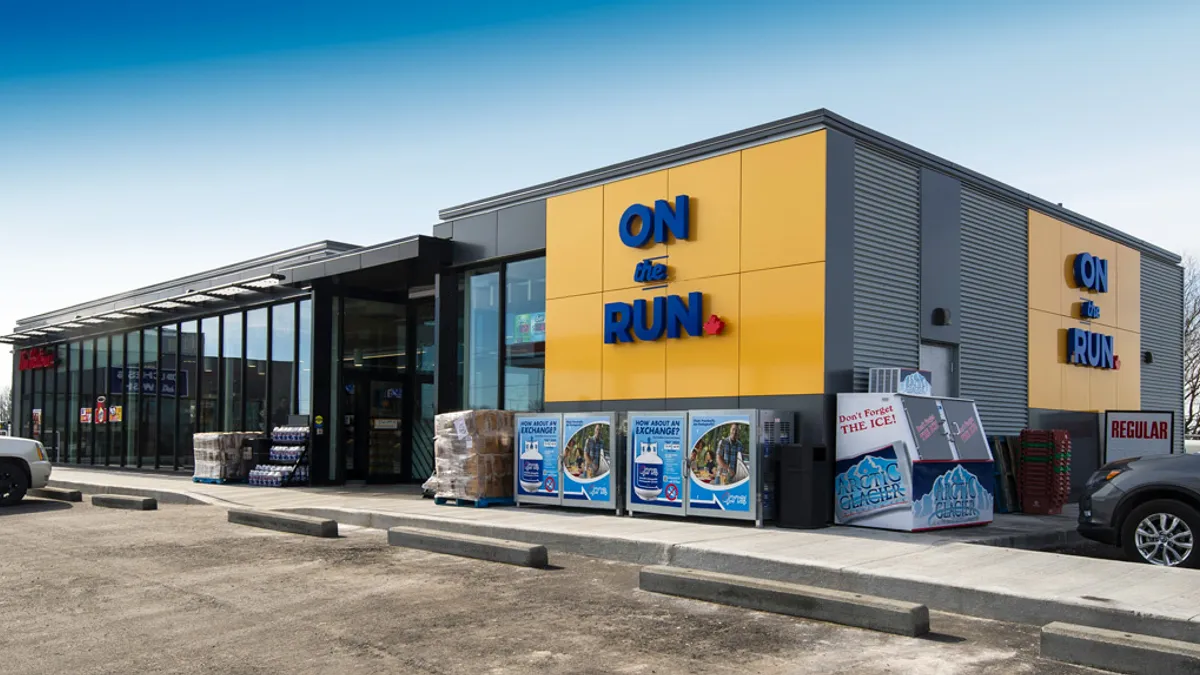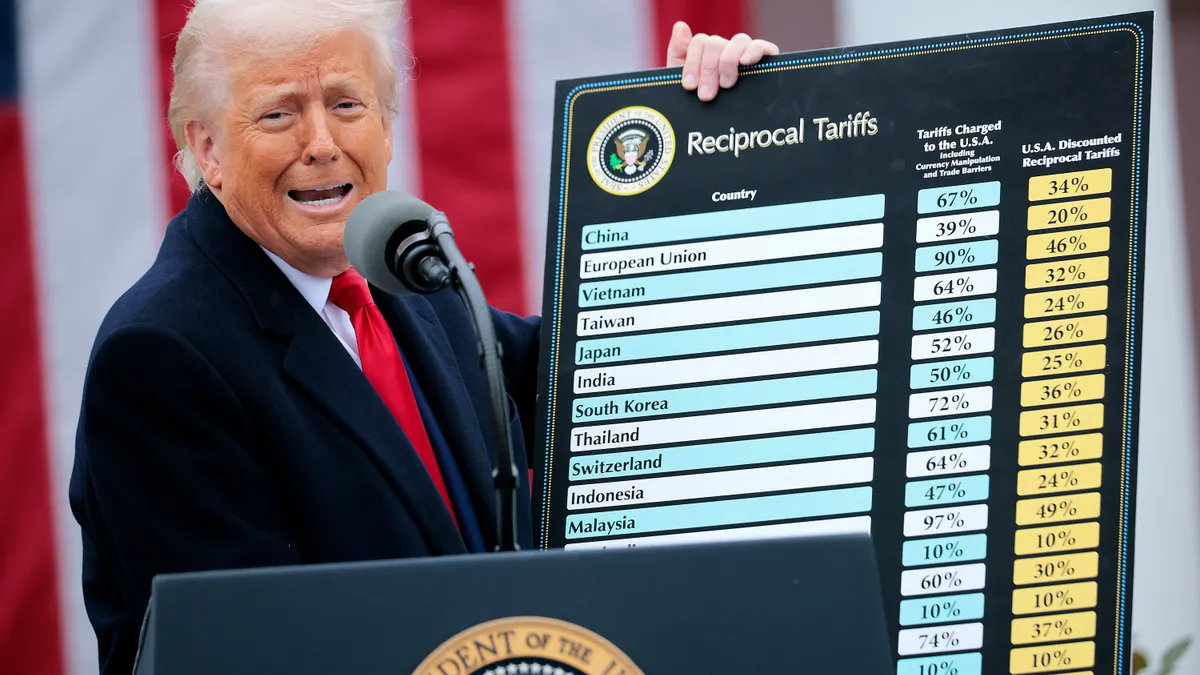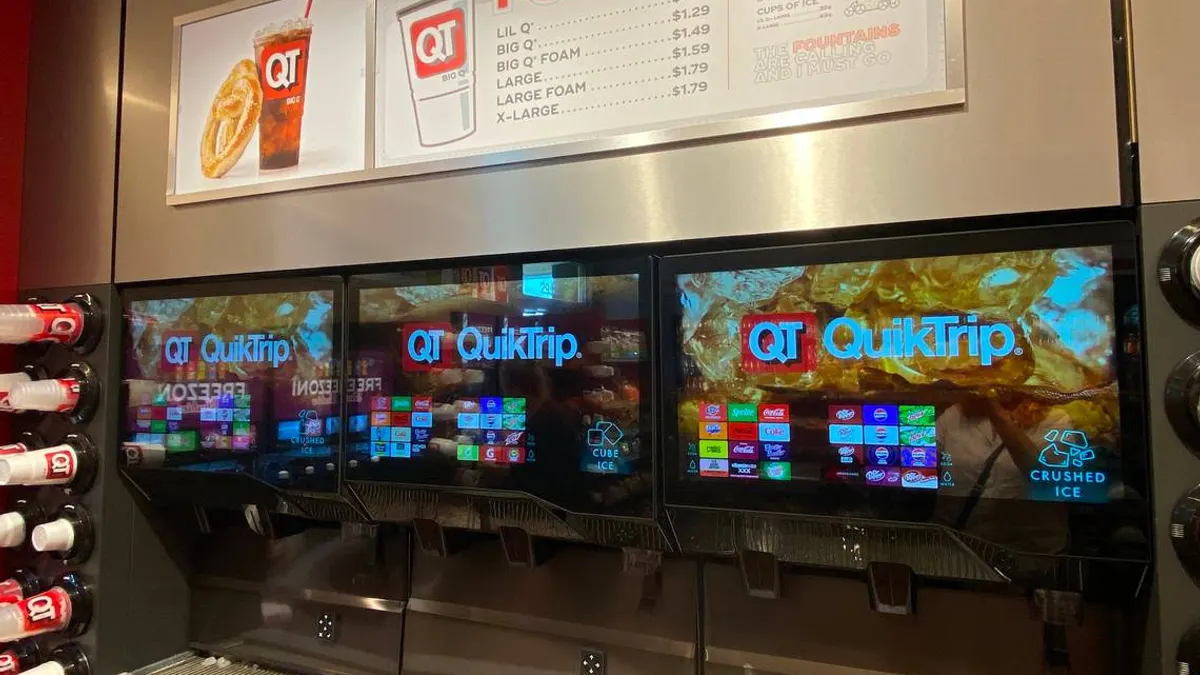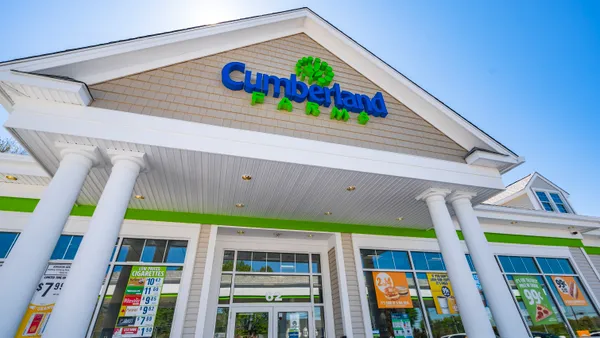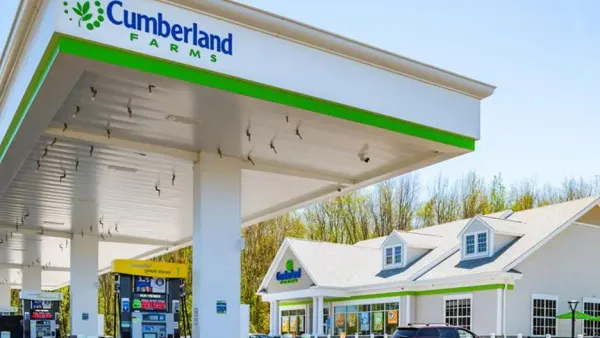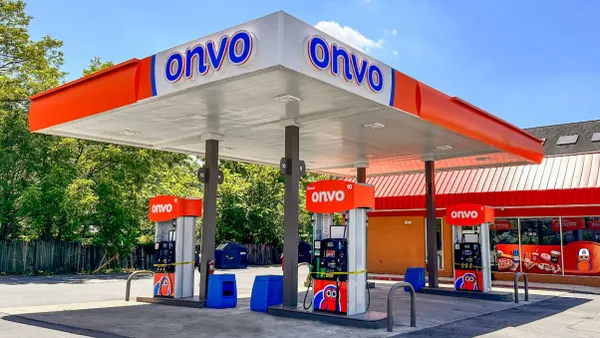Dive Brief:
- Even as it saw significant growth year over year, Parkland USA, the American division of Canadian c-store retailer Parkland Corp., is “behind where we want to be due to both external and internal factors,” Chief Financial Officer Marcel Teunissen said during the company’s first quarter 2024 earnings call on Thursday.
- Teunissen said that Parkland USA continues to see declines in retail and commercial fuel volumes, which the company believes have been driven by high fuel prices, weather, changes in consumer behavior and the early stages of a potential “economic slowdown.”
- Although Teunissen expects these weaknesses to be temporary and for Parkland to focus on “executing [its] improvement plans” across its U.S. business, he acknowledged that various “economic headwinds could present some risks” to Parkland USA’s 2024 adjusted EBITDA guidance.
Dive Insight:
Parkland USA delivered an adjusted EBITDA of $33 million during the quarter, a 57% improvement from this time last year, according to the company’s earnings report. But the convenience retailer’s leaders were unsatisfied with its performance in the U.S. last quarter, which they pinned on fuel troubles in its business in the South, particularly in Florida.
“Earlier in the year, we had some operational issues which we've since fixed and will allow us to track to or above industry [standards],” President and CEO Robert Espey said during Thursday’s call.
Espey gave investors on the call an assurance that Parkland’s c-store competitors in the U.S. are also experiencing similar headaches.
“We've seen our competitors announce tough quarters, both on the volume and margin side, and so we're in line with where the industry is overall,” he said.
Despite these challenges, Espey said Parkland USA is performing well on the non-fuel side of the business, where it saw positive same-store sales comps and increased gross margins during the quarter. He also said he sees opportunities moving forward for Parkland USA to reduce its cost structure.
“There’s a lot of really good traction in the U.S. when we look at our new team there and what they're delivering,” Espey said.
Calgary, Alberta-based Parkland has about 650 convenience stores in the U.S. Besides Florida, its stores are located in Idaho, Montana, North Dakota, South Dakota, Wyoming, Colorado and Utah.
Parkland’s leadership also updated shareholders on Thursday on its progress towards its year-old plan to sell up to $500 million worth of non-core assets. Espey said that Parkland has already “identified more than $400 million” worth of these assets, “many of which have been sold or are in the advanced stages of negotiation.”
Among these assets are the 157 convenience stores in Canada that Parkland put up for sale earlier this year, Teunissen said.
“There's a little bit more to go to get to the $500 [million], and I'm very confident that we have a pipeline of other non-core assets that we can put up and monetize,” Teunissen said.



